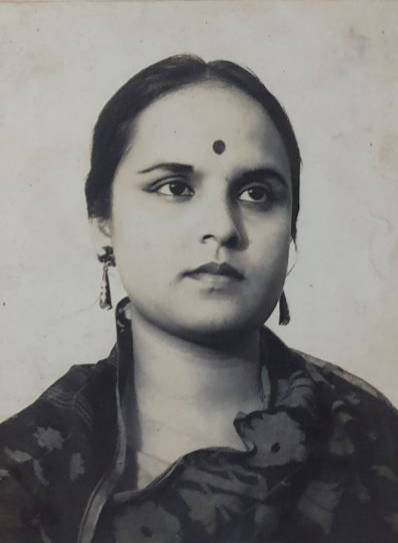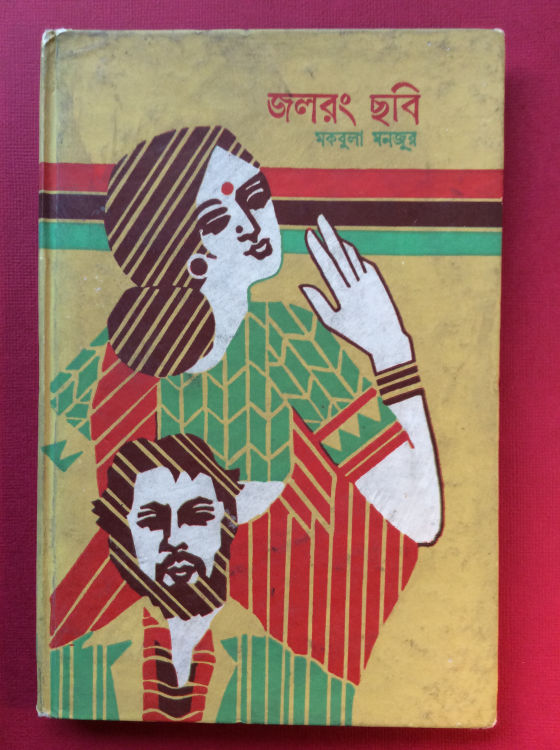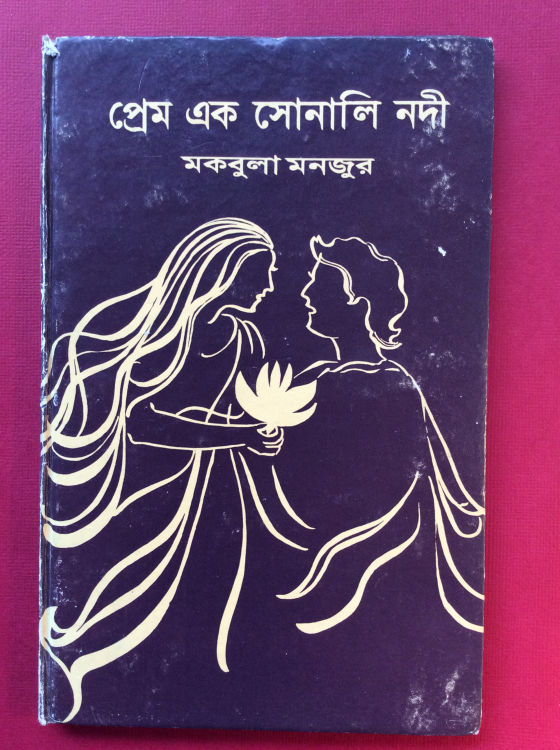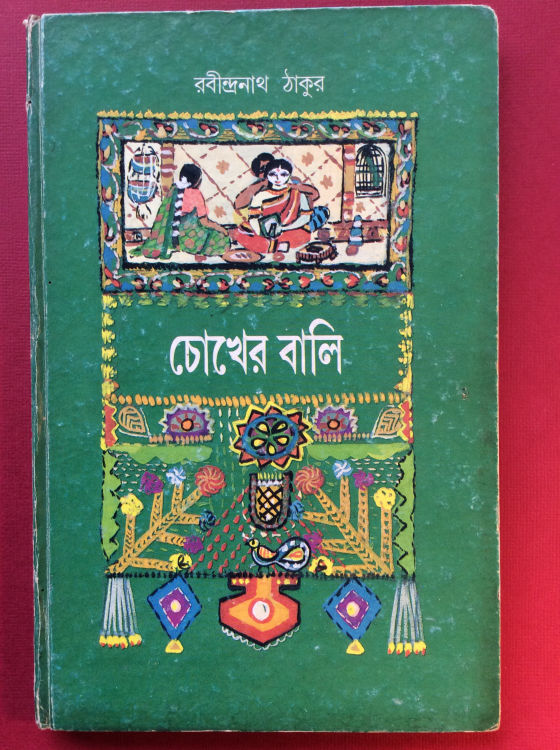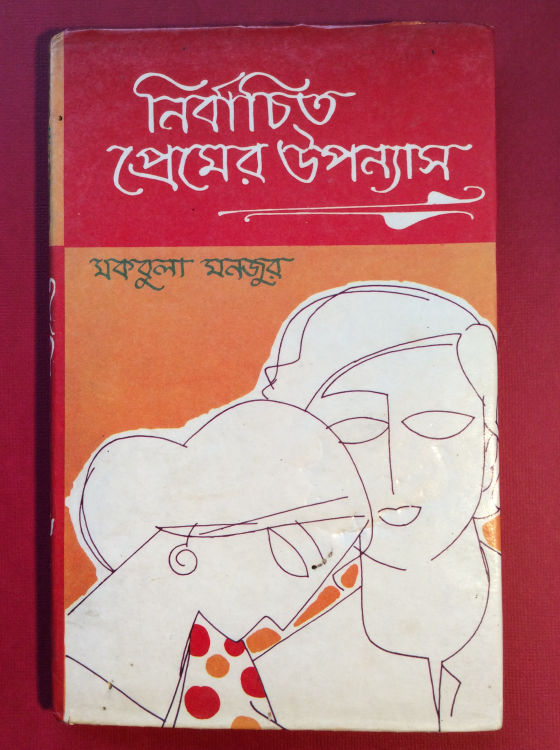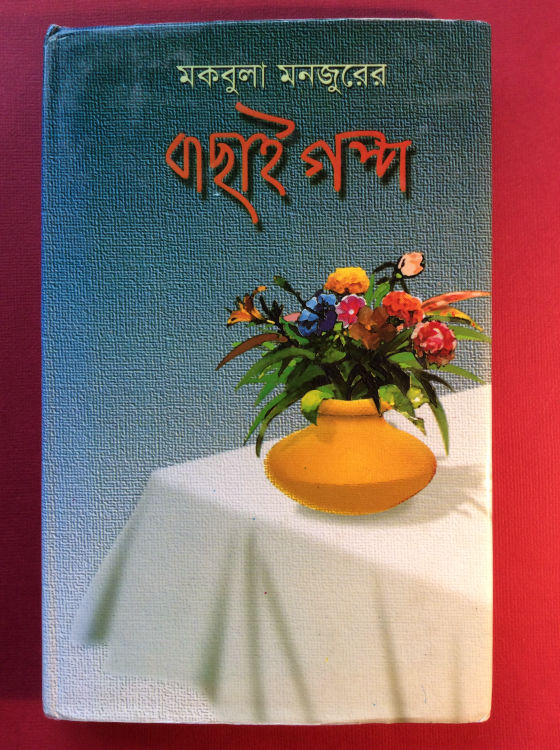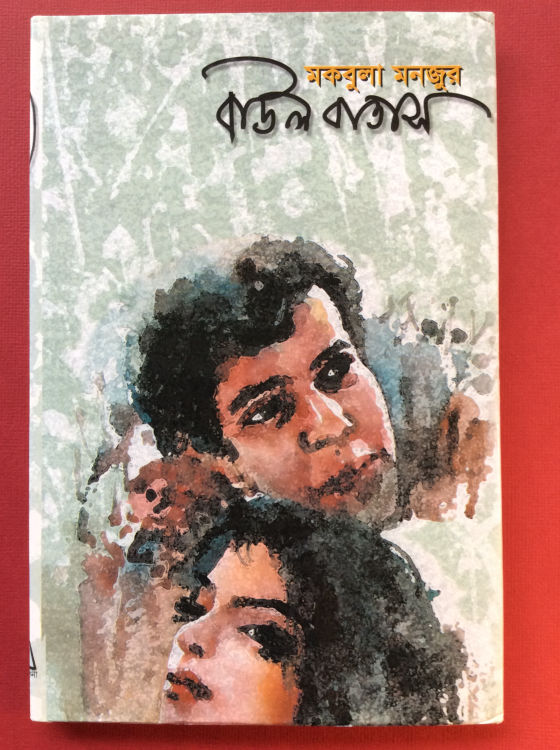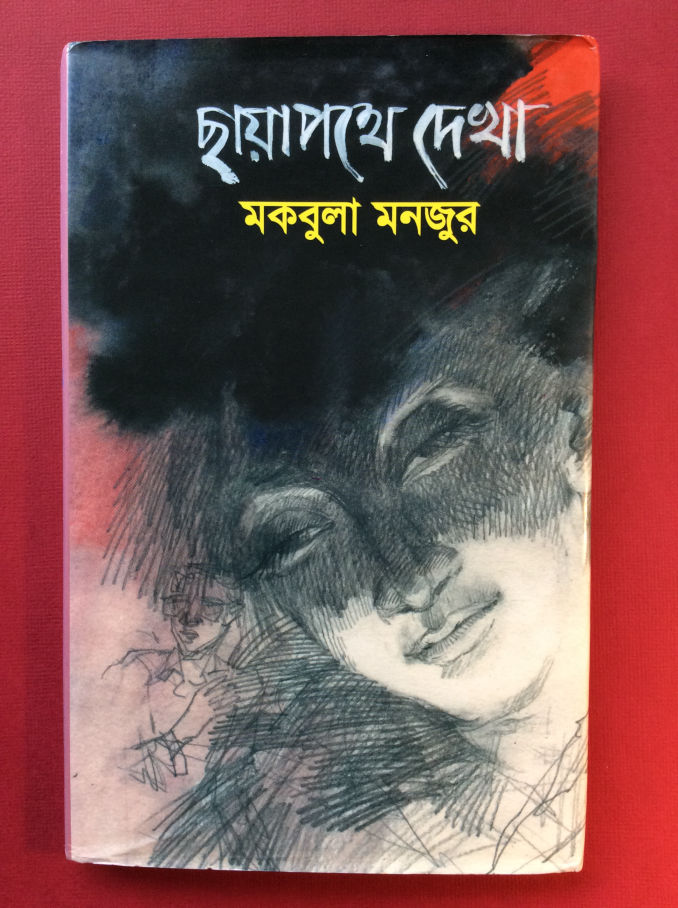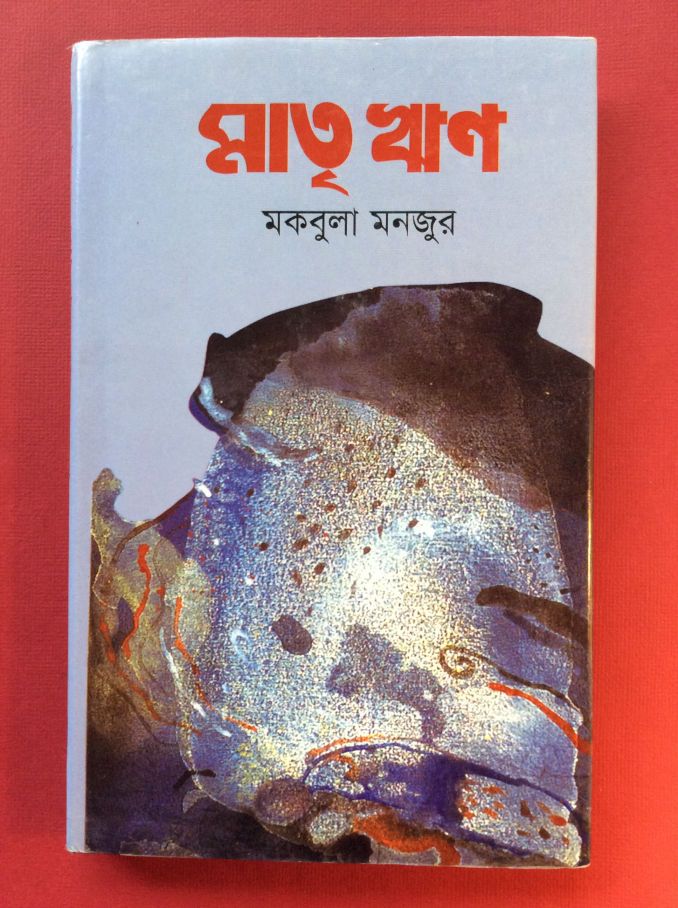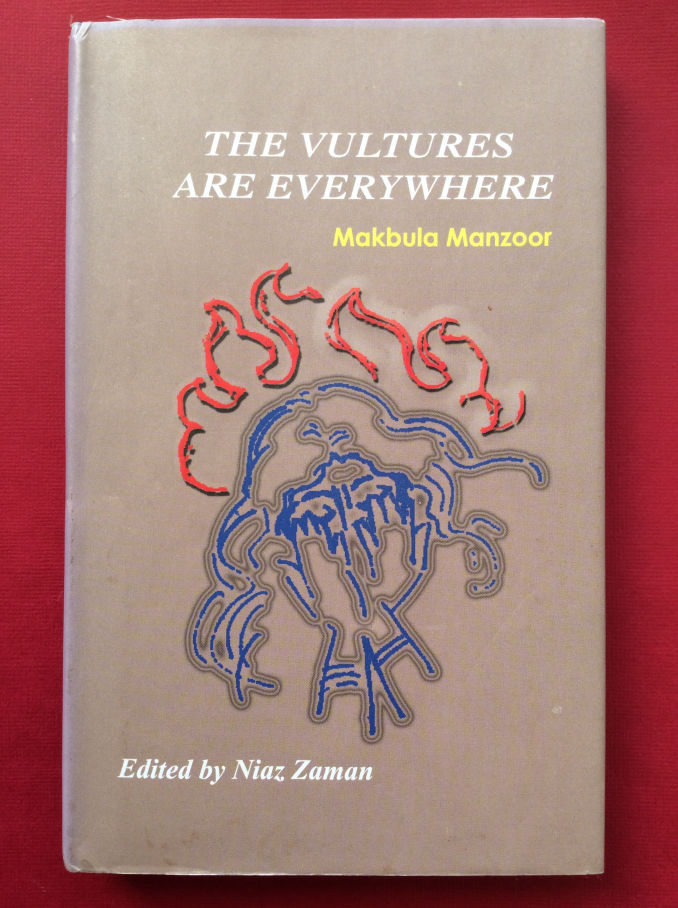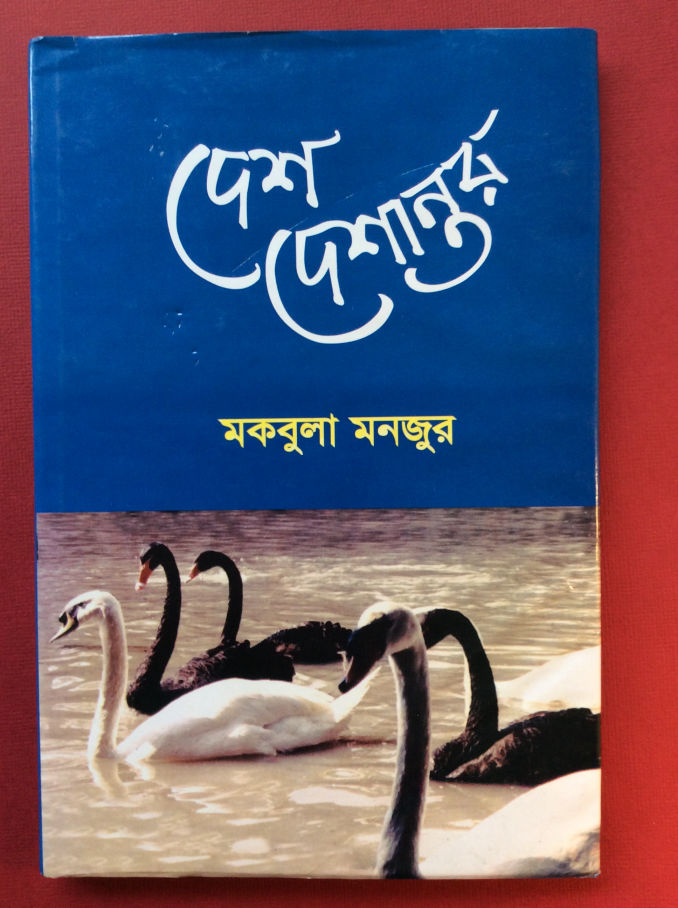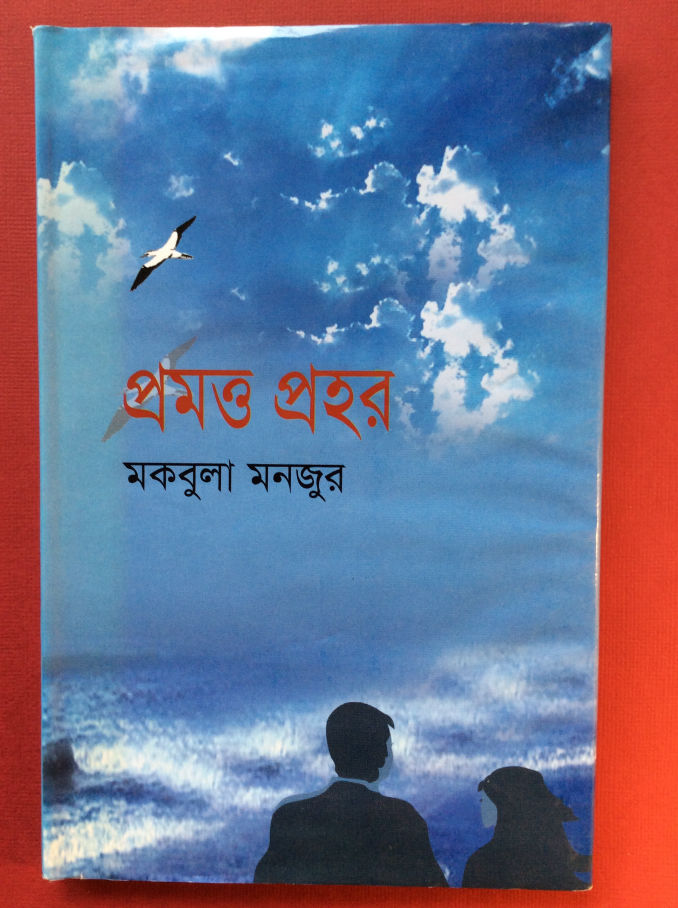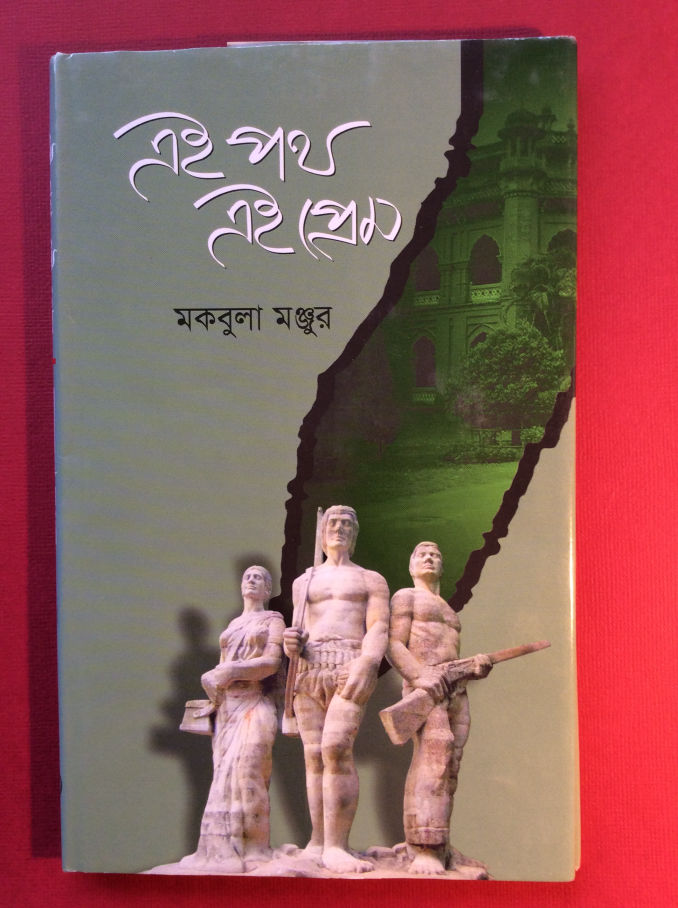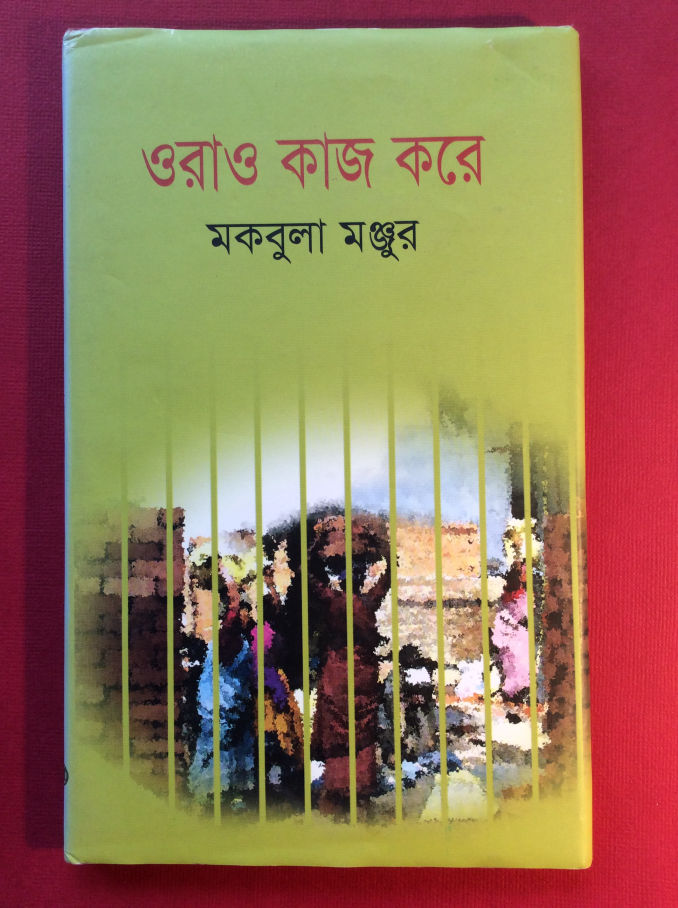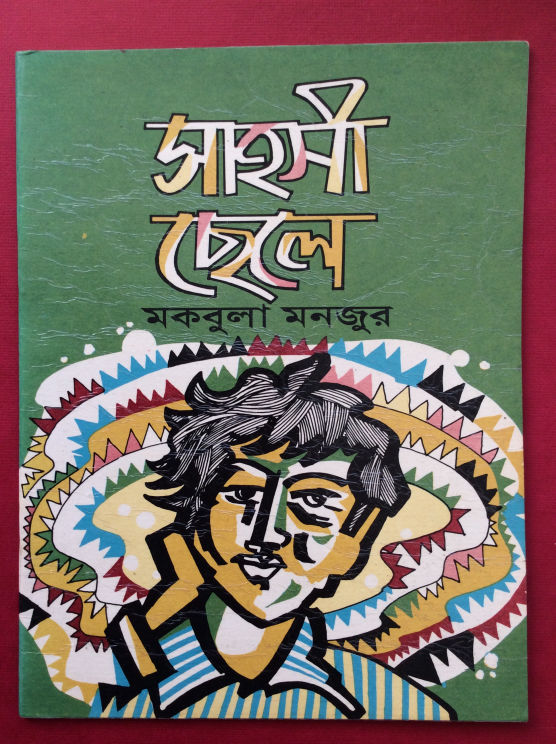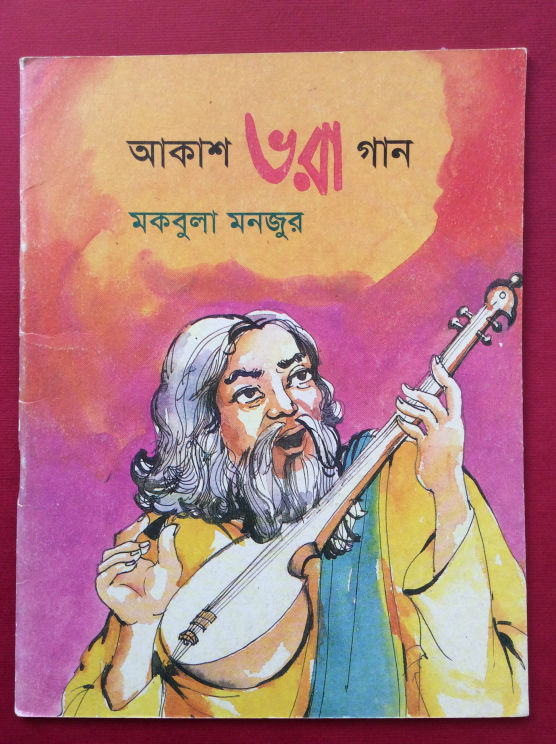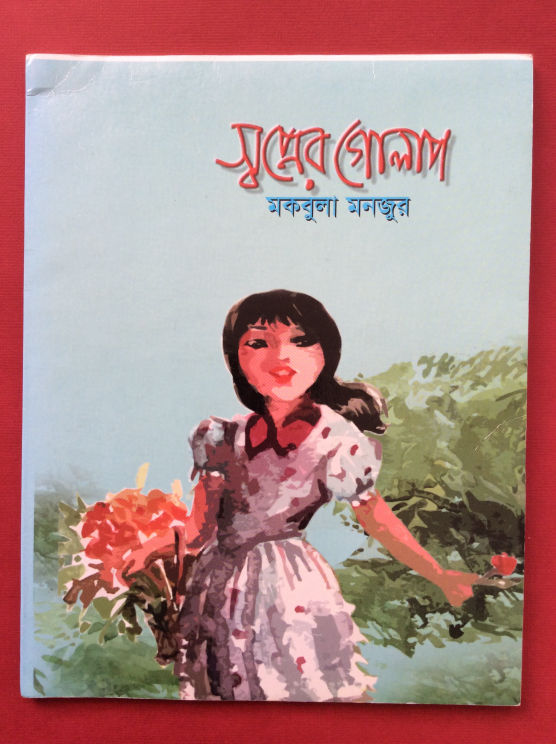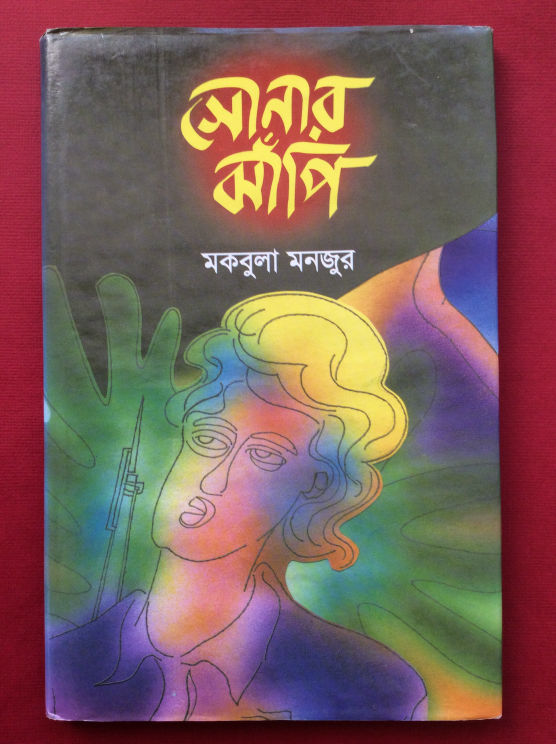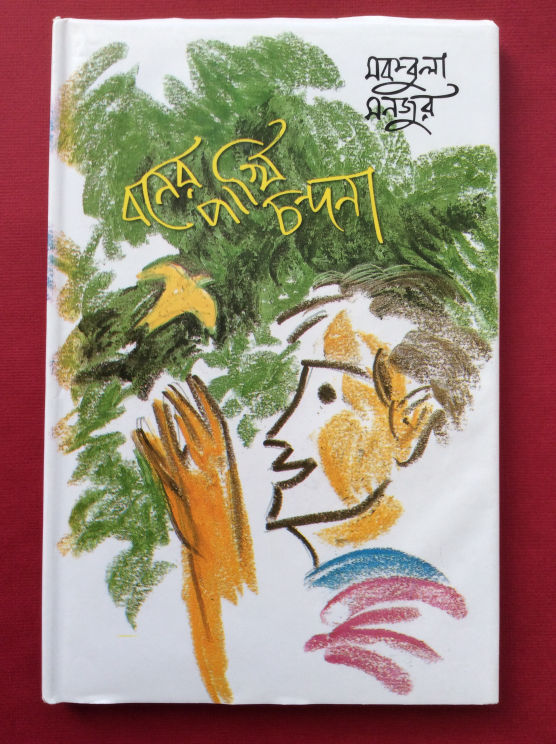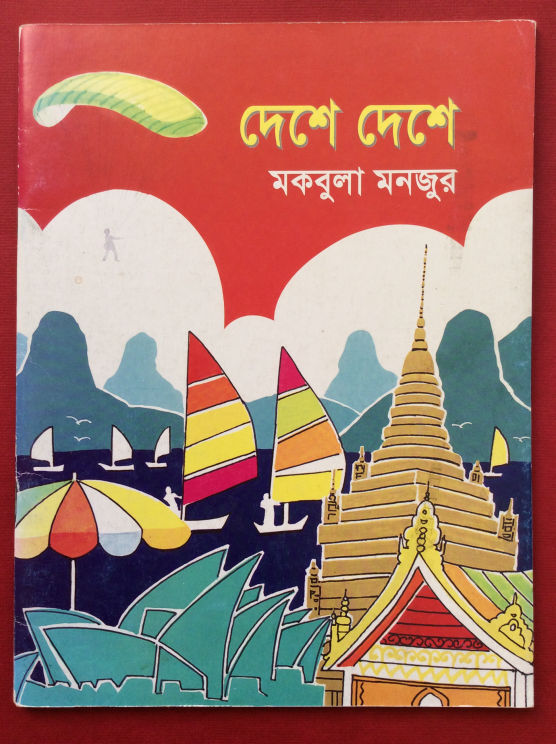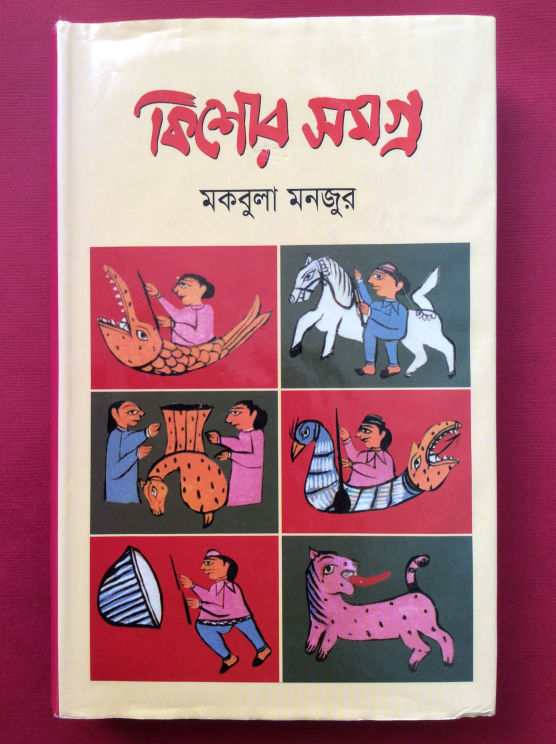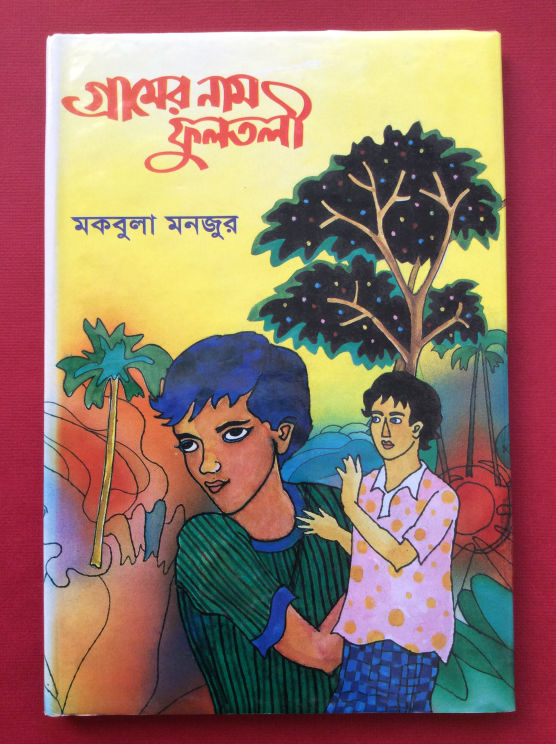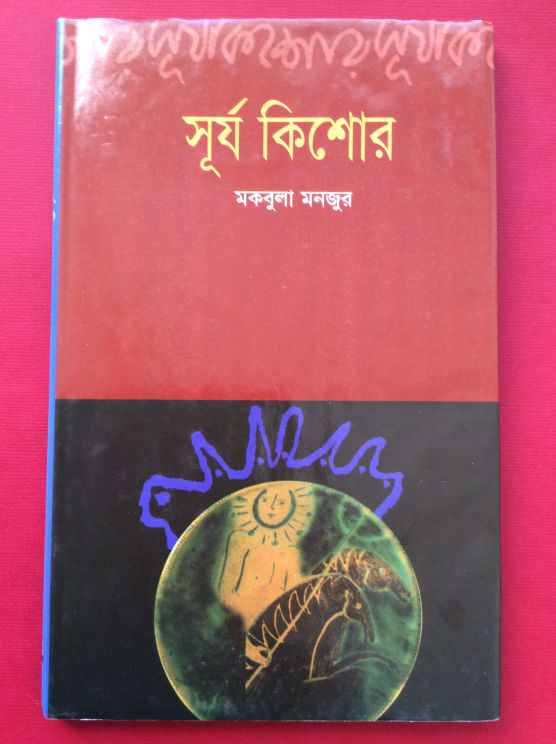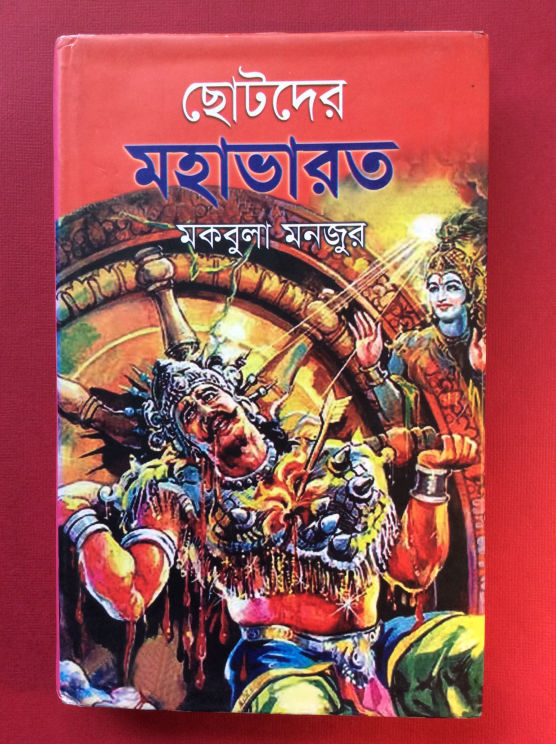Writing - A Beginning
Growing up Makbula Manzoor recalls that literature was widely appreciated by everyone in her family. Her father used to write both poetry and prose. He based his insightful book, Adhare Alo (Light in the Darkness), on his professional experience in the police force. His book titled Purbo Banglar Chor Dakat (Thieves and Dacoits of North Bengal) was a textbook in Sharda Police Academy in Rajshahi.
As a child Makbula recalls that her mother loved reading books - not only Sharatchandra and Bankimchandra but also detective fiction. Makbula fondly remembers her mother reciting rhymes and reading fairy tales from Upendra Kishore Ray.
At the tender age of eight, Makbula recalls writing a poem which was published in Azad in the children's section called Mukul Mahfil.
Through to the age of thirteen, she wrote poems and some short stories. She was encouraged to write by the artist Quamrul Hasan, who was associated with the Mukul movement. Makbula recalls 'Quamrul Hasan said that my prose was better than my poetry, and I should write more stories.' Makbula began to write more stories, but did not give up on her poetry.
Whilst a Bachelor of Arts student, Makbula published her first work Akash Kanya (Daughter of the Sky) which was serialised in Begum. Her first book Aar Ek Jiban (Another Life) was completed prior to her completing her Masters degree.




